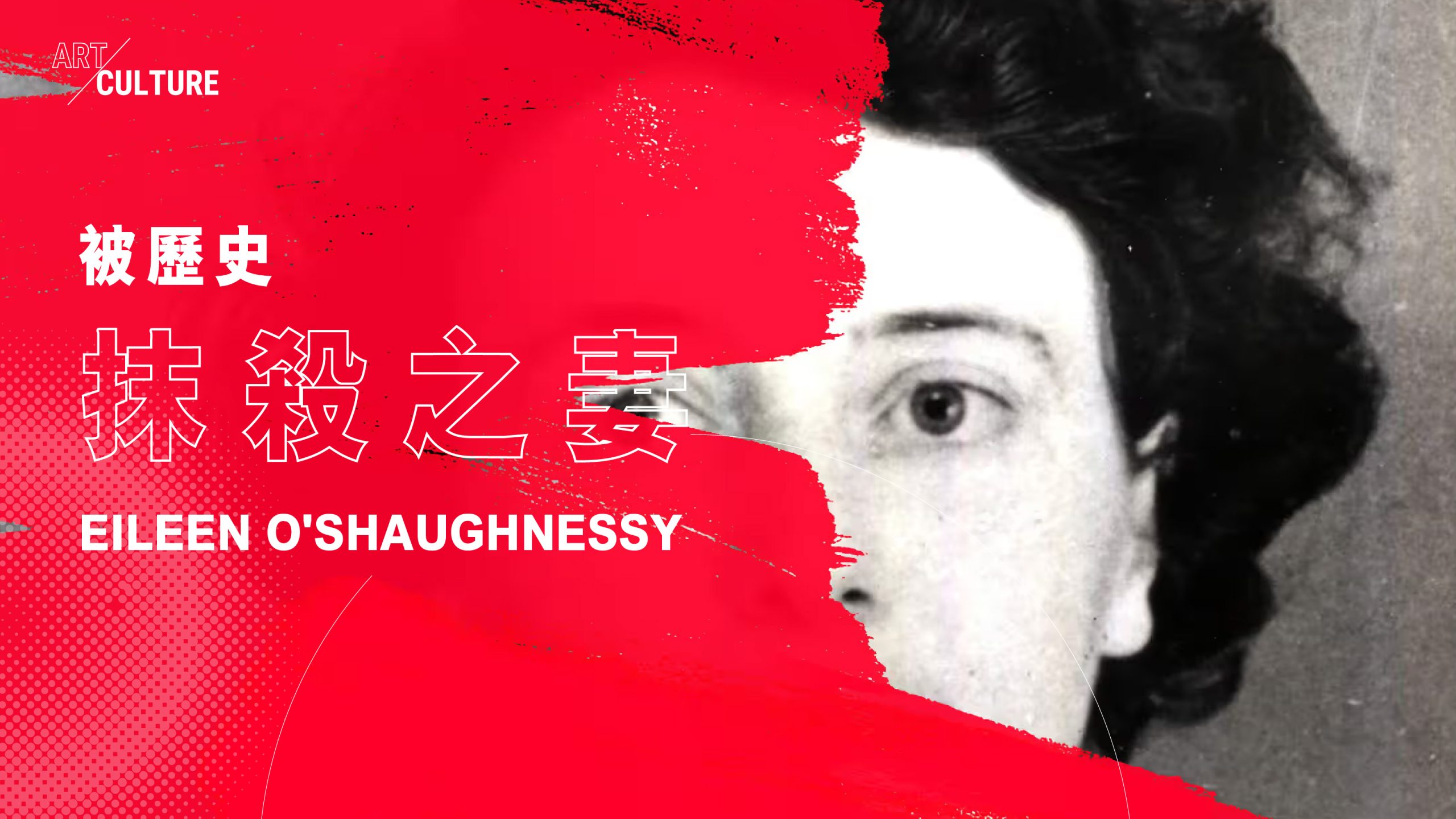Is there always a woman behind a man’s success?
George Orwell, even if you haven’t perused his literary works, you’ve likely heard of 1984 and Animal Farm, two revered prophetic books celebrated for their satirical critique of totalitarian regimes. This British writer is renowned for his razor-sharp and incisive prose. His unwavering political convictions subjected him to stringent government surveillance during his lifetime, and his writings were even banned in socialist countries. Nevertheless, there’s no denying that he remains the towering figure of 20th-century British literature, commanding an enduring legacy. In academia, Orwell’s works are essential reading material in British and American universities, and his ideologies have spawned concepts like Orwellism. The terminology he introduced, including “Newspeak” and “Doublethink”, has firmly cemented its place in official English dictionaries.
However, amidst the widespread recognition of George Orwell, there’s a lesser-known figure, his first wife, Eileen O’Shaughnessy.
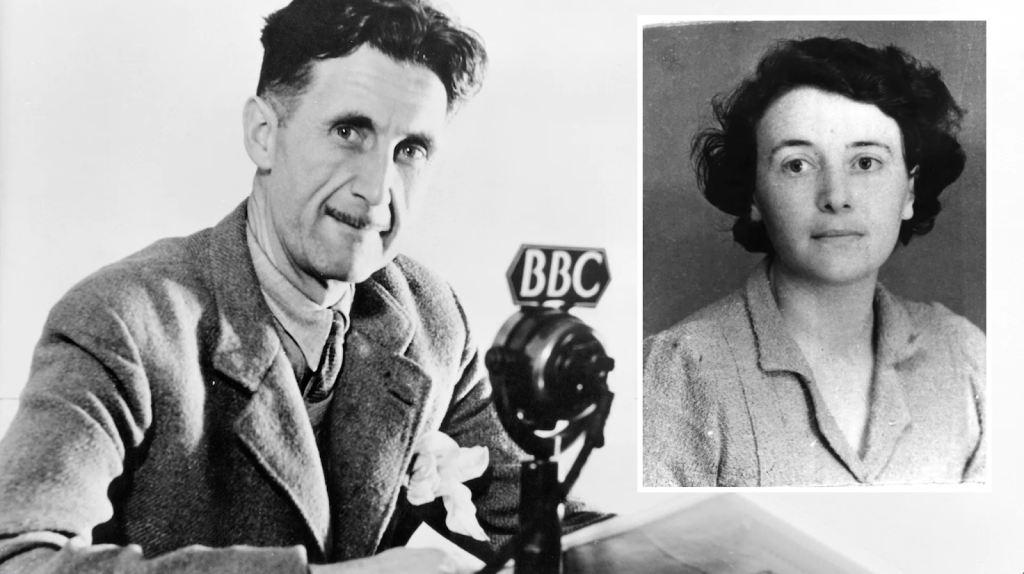
The woman who stood in the shadows of this literary giant was far from ordinary. Eileen O’Shaughnessy, born in 1905 in South Shields, hailed from a more affluent and esteemed background than Orwell himself, who modestly described his family as “lower-upper-middle-class”. Eileen displayed exceptional academic prowess, earning a scholarship to Oxford University’s Department of English, an extraordinary feat for a woman in her era. Remarkably, among her mentors was none other than J.R.R. Tolkien, the celebrated author of “The Lord of the Rings”.
However, during her pursuit of higher education, Eileen made the audacious decision to abandon her studies, all to allow Orwell the undistracted focus he needed for his writing. In the following summer, they exchanged vows and retreated to a remote countryside cottage in Wallington. Even by the standards of the 1930s, this locale was extraordinarily secluded. Eileen, on numerous occasions, had to make a solitary journey by bus to the nearest town, Baldock, which lay three miles distant, just to procure the essentials of daily life. The cottage itself, devoid of comfort, wrestled with dampness, and lacked the conveniences of modern living. It’s worth noting that indoor plumbing was an amenity absent from their abode, they relied on an outhouse in the garden.
While George Orwell undoubtedly achieved eminence as a writer, it becomes clear that his prowess as a husband left much to be desired.
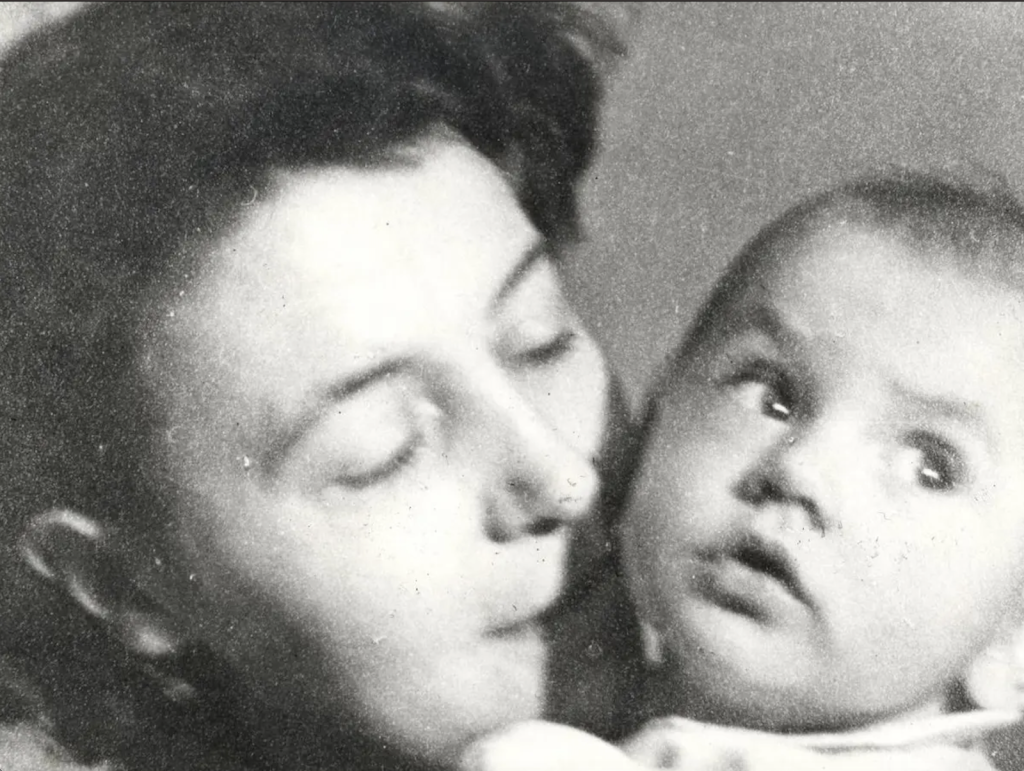
Eileen masterfully balanced the responsibilities of tending to their family farm and shop, while also taking on the role of her husband’s editor and managing his extensive correspondence. She even took on various part-time jobs to support their adopted son. Her daily duties included everything from household chores and dealing with occasional floods and septic tank issues to house repairs and a myriad of other responsibilities. Beyond these practical tasks, she had to navigate her own emotions as well as those of her husband. In a letter to a friend, she once humorously noted, “Eric had decided that he mustn’t let his work be interrupted & complained bitterly when we’d been married a week that he’d only done two good days’ work out of seven.” As a bright and dynamic woman, she willingly gave up her pursuit of a master’s degree to reside in a draughty, run-down house while running the grocery store and observing her husband engrossed in his writing. What did she envision for her marriage?
Subsequently, she battled uterine tumours and tuberculosis, succumbing at the age of 39. Their brief nine-year marriage unfolded while her husband was reporting from occupied Europe during the closing stages of World War II, rendering him unable to be by her side. Being the spouse of a celebrated writer was evidently no walk in the park. Reflecting on Eileen’s life inevitably prompts one to wonder: What if she hadn’t initially wedded George Orwell? What if she had opted to continue her own path, complete her education, and pursue her individual aspirations? Would her destiny have taken a different course?
Women have always been 50% of the population,
Anna Funder
but only occupy about 0.5% of recorded history
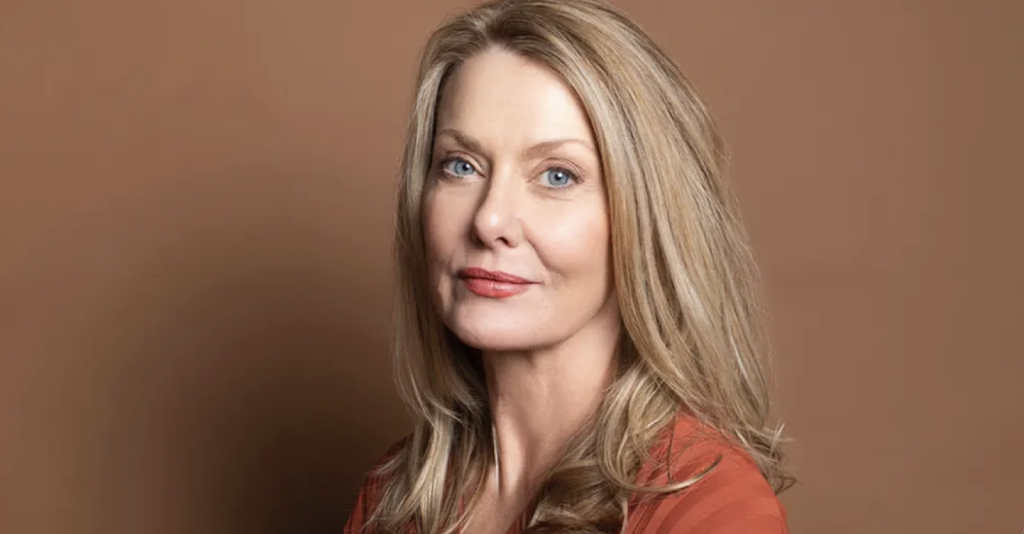
Anna Funder, with her recent book Wifedom: Mrs. Orwell’s Invisible Life, emphasises Eileen’s invaluable contributions to Orwell’s writing. It’s unfortunate that Eileen, a woman who played a crucial role, remains a fleeting presence in her husband’s literary legacy and has been largely ignored by his biographers. Funder aptly characterises her as someone who was “initially confined by familial responsibilities and later overlooked by the annals of history.” Eileen wasn’t just the diligent homemaker behind Orwell; she was the unsung driving force behind his remarkable literary achievements.

Eileen, shortly after starting her relationship with Orwell, wrote a dystopian poem titled End of the Century, 1984. Interestingly, this poem predates Orwell’s famous work 1984 by fifteen years. In this poem, she criticised the social conditions of her time, emphasising the role of science, technology, and reason, which can be seen as a precursor to the worldview presented in 1984. She also suggested that her husband turn Animal Farm into an allegory (originally, Orwell intended it to be a condemnation of Stalinism), providing him with creative inspiration.
Unfortunately, within Orwell’s firsthand account of the Spanish Civil War Homage to Catalonia, Eileen’s presence remains mostly obscured, despite her essential role in transcribing the manuscript and providing numerous anecdotes. During this tumultuous period, Orwell himself was wounded by a neck shot while stationed in a trench, and Eileen narrowly avoided arrest and execution on suspicion of espionage. Funder astutely observes, “Orwell spent over 2,500 words detailing his hospital treatment but omitted any mention of Eileen’s presence. I wonder about her emotions while typing those words.”
Orwell chronicled his personal involvement in the war without acknowledging his wife’s concurrent work at the Independent Labour Party (Poum) office, where she held a significant political role. Furthermore, he omitted her crucial efforts in safely evacuating him and others from the country following Stalin’s orders to purge Poum members. Eileen, at great personal risk, safeguarded Orwell’s manuscripts and passport, shielding him from arrest while living under the constant surveillance of communist spies.
Eileen, an educated and politically driven woman deeply involved with the British Independent Labour Party, was not merely a silent partner but a formidable contributor, deserving recognition in both historical annals and the realm of literature.
You can purchase the ebook version of “Wifedom” here: Wifedom on Kobo
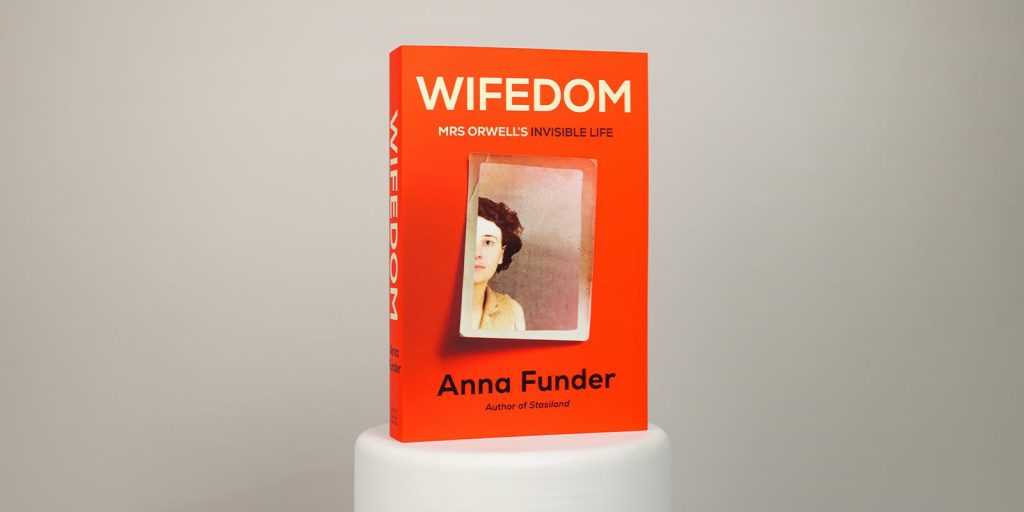
Photo Source: The Conversation, Roba da Donne, Penguin Books Australia, The Guardian

